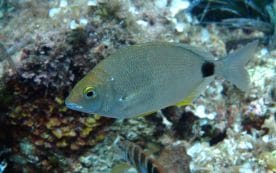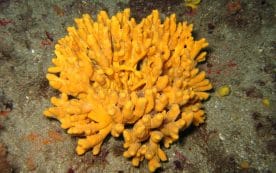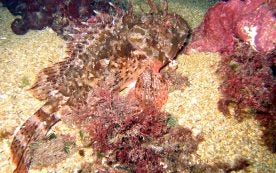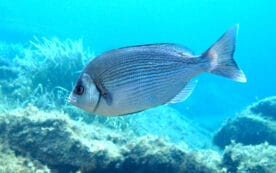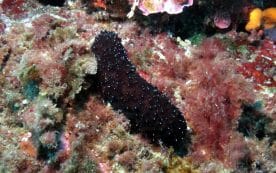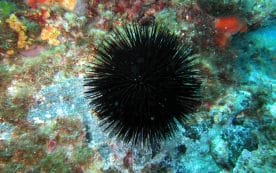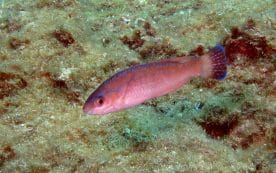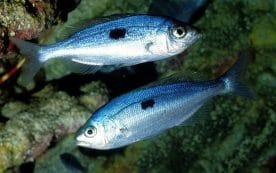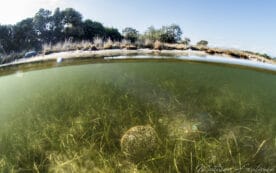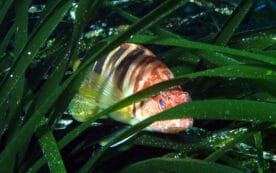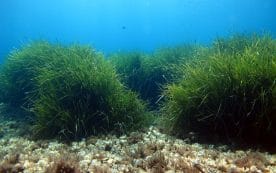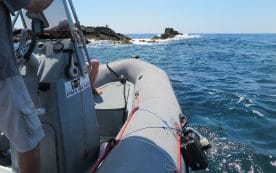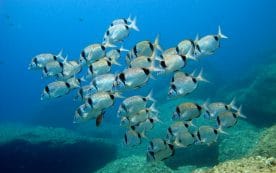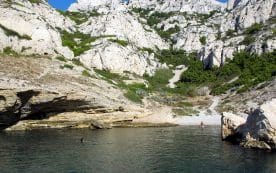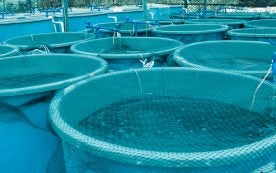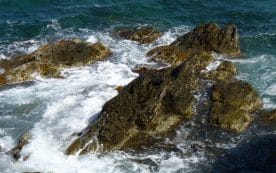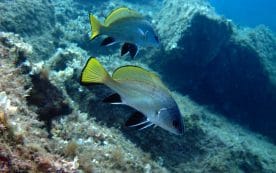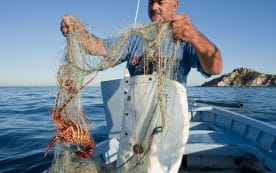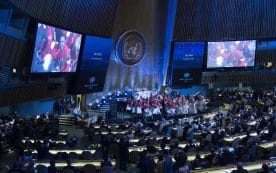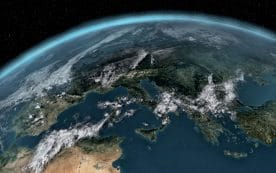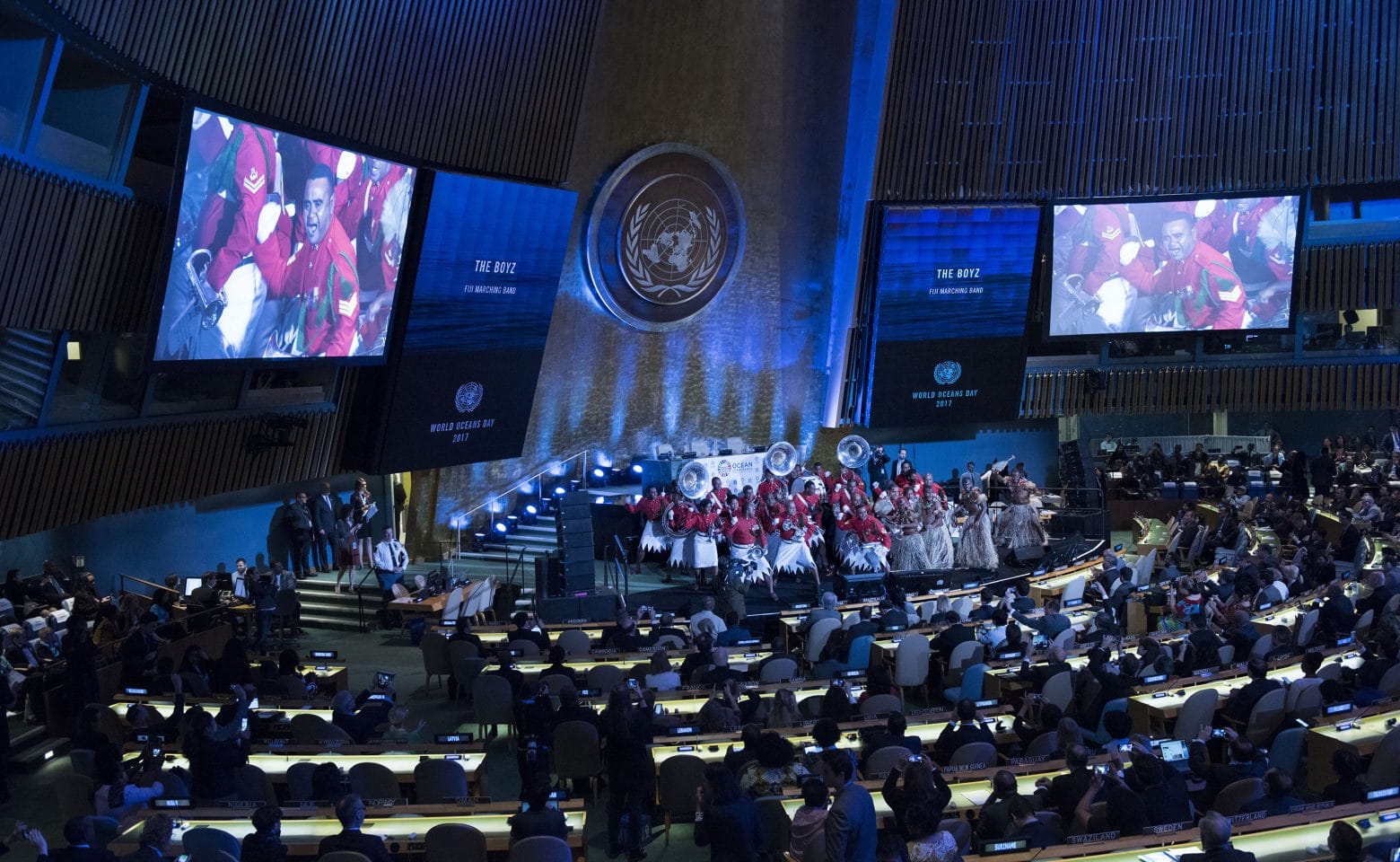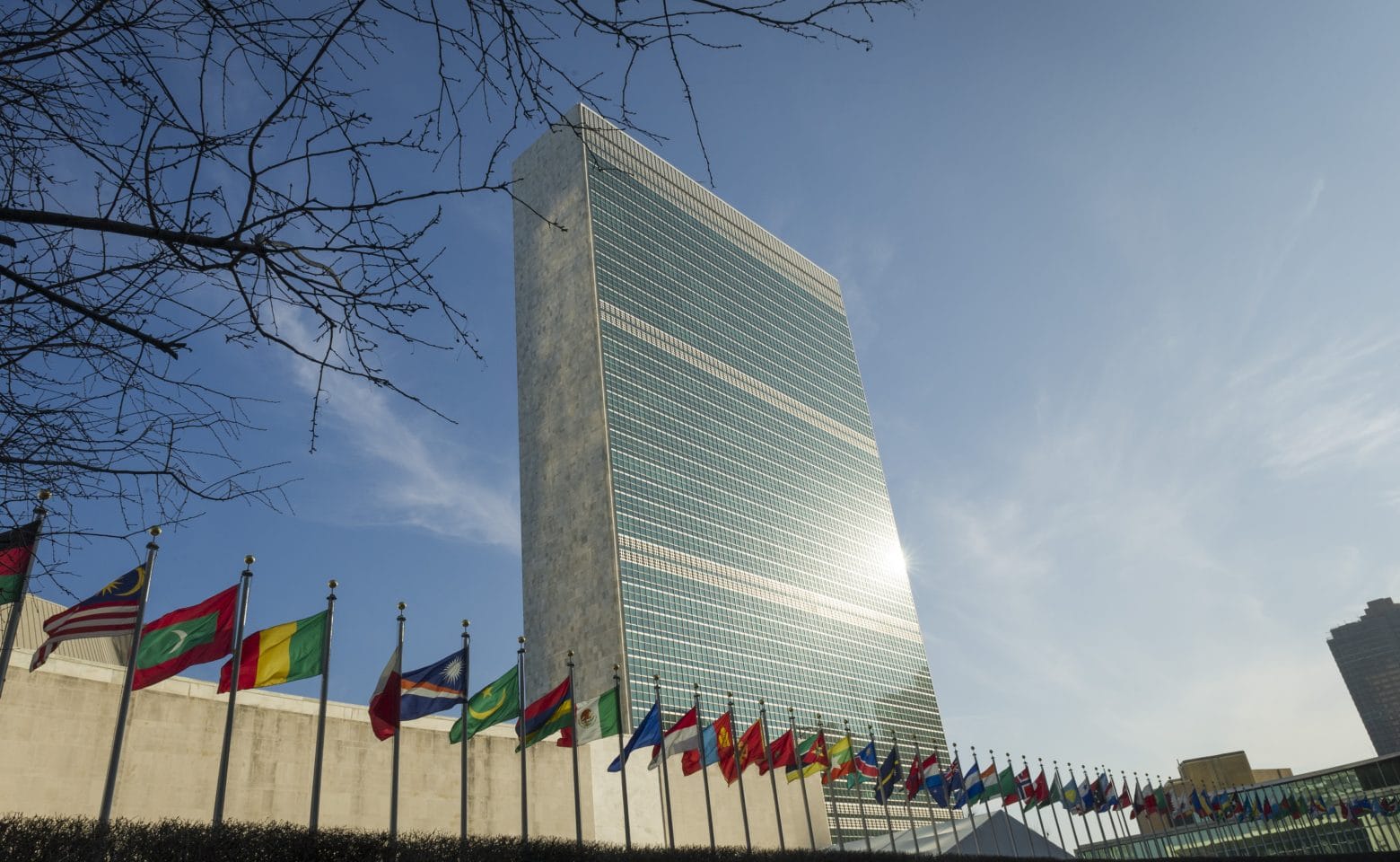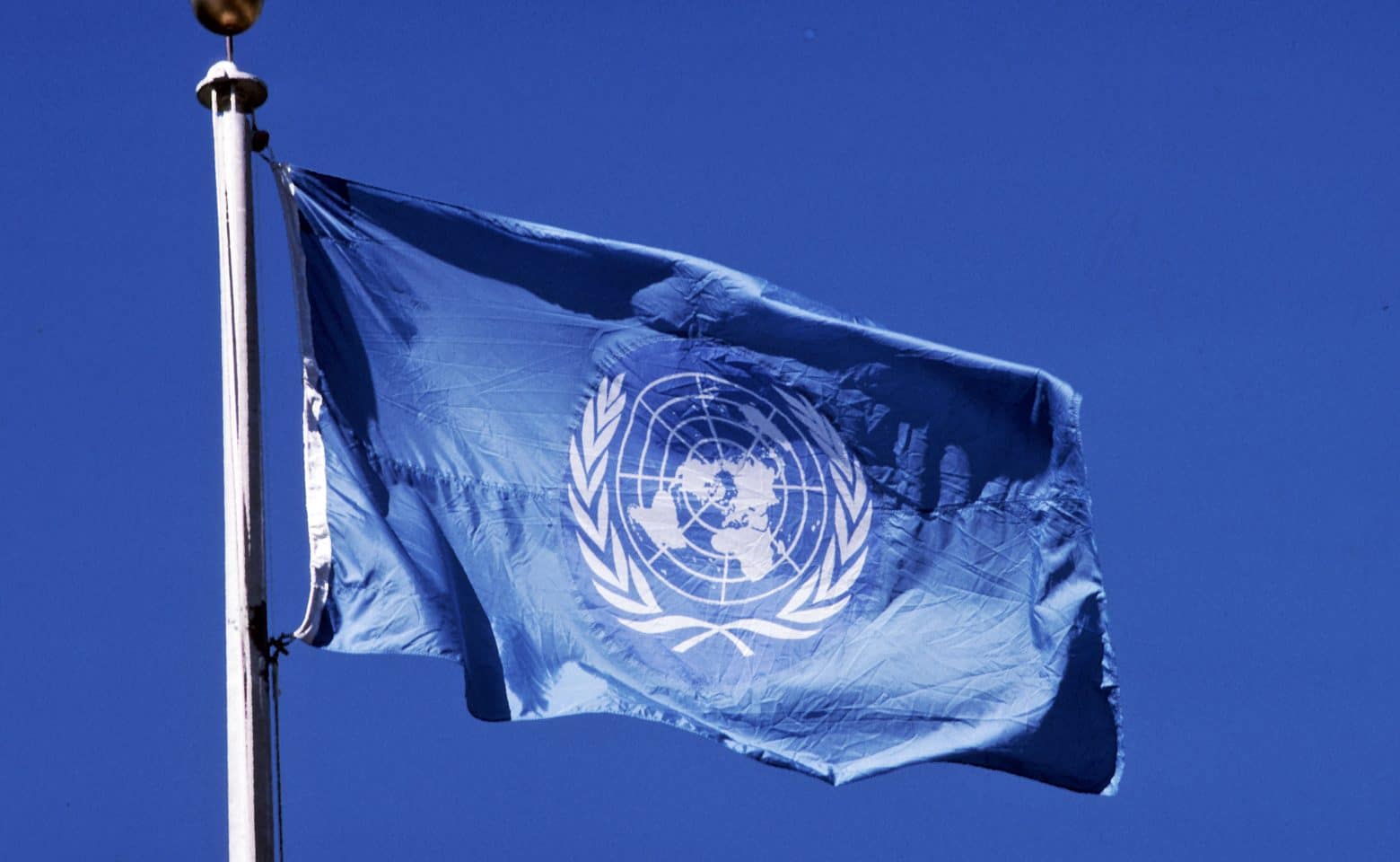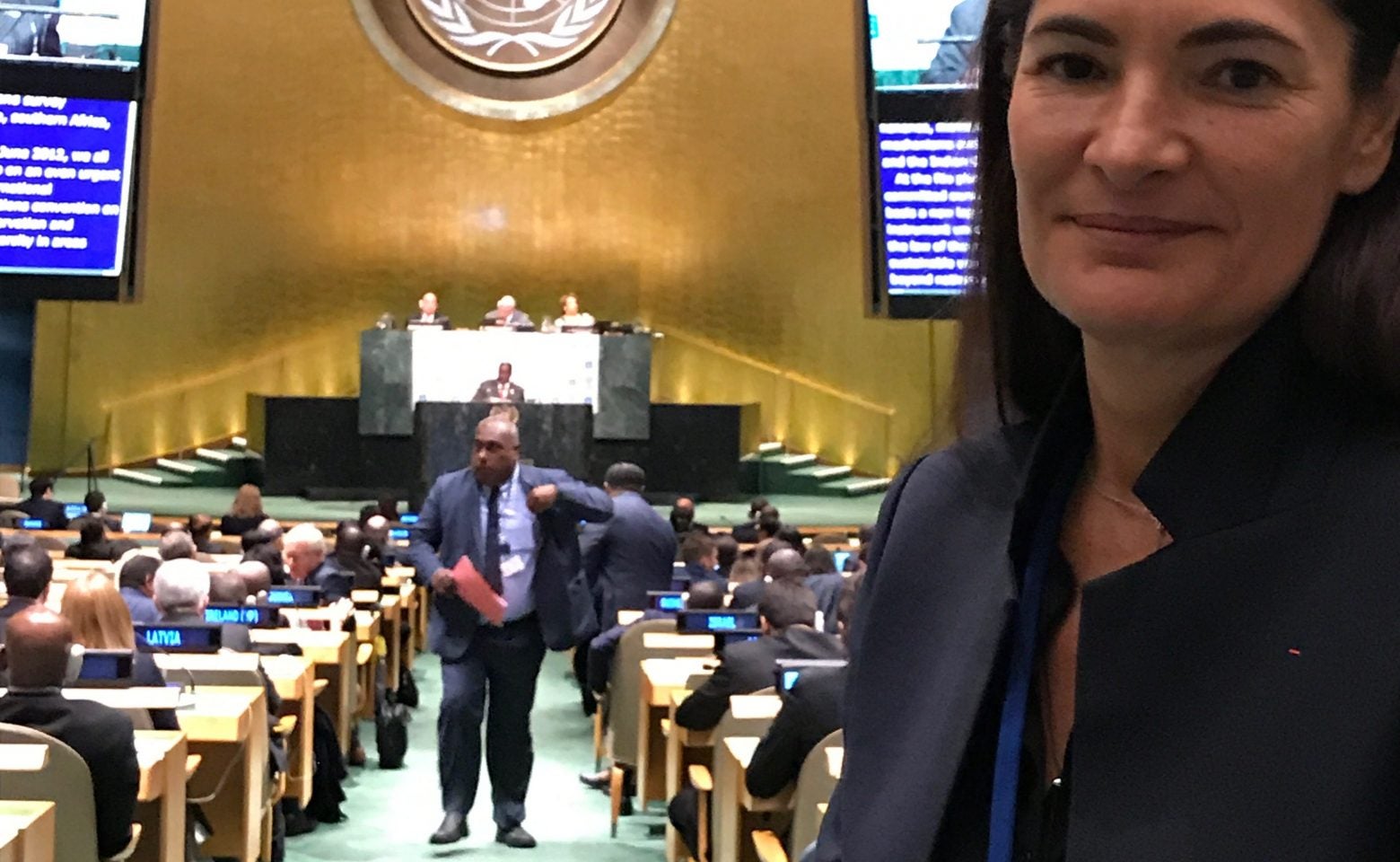It differentiates the high seas from areas under coastal state jurisdiction (territorial waters, exclusive economic zone, continental shelf) and instates several key principles: freedom of navigation, an obligation to negotiate contested boundaries and cooperate to manage fish stocks, and the common heritage of mankind principle for the deep seabed and its resources.
There are several agencies within the United Nations system that govern the world’s seas: the International Maritime Organisation (IMO) regulates navigation, the Food and Agriculture Organization (FAO) is responsible for fisheries, the International Seabed Authority (ISA) regulates mining exploration and extraction in the high seas, and UN Environment (formerly UNEP) fights pollution and supports Regional Seas Conventions.
Since ocean governance is decentralised, coastal states in the same region must agree on common rules. In the Mediterranean, the Barcelona Convention of 1976 aims to reduce pollution and protect this fragile area. The Mediterranean Action Plan (MAP) and the Blue Plan both stem from the Barcelona Convention and were established to implement sustainable approaches and encourage governments and other stakeholders to adopt them.
-
Ocean & Climate Platform (POC)
NGOs are now gaining more access to ocean governance and are now invited to speak at major international conferences. Many are advocating for better protection of our seas by reducing overfishing, preventing pollution or creating sanctuaries in areas with high biodiversity. At the same time, ocean governance is being increasingly linked to climate, and the Ocean & Climate Platform is pushing for oceans to be included in climate negotiations as an ecosystem to be protected and as a source of solutions.

